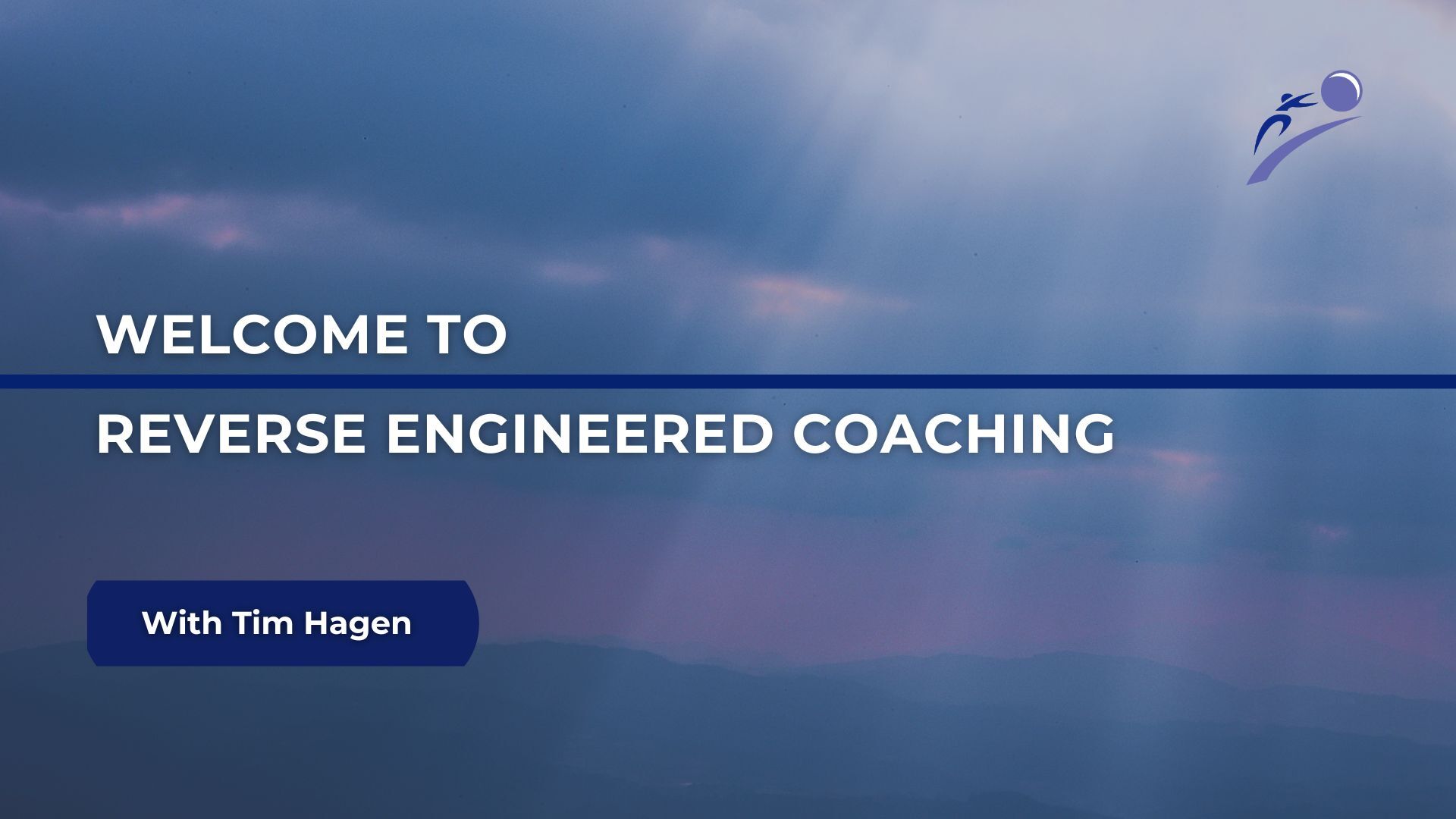
Long gone are the days when management could contract with a vendor for services and receive just average service, especially when it comes to employee training. Accountability for services rendered has become a middle managers nightmare. Executives are being held to the fire from boards and stakeholders, so questions are being asked of managers for every investment; what are we getting in return? Often the answer is a vague “product knowledge is up” or “we maintained our current market share during the economic downturn” kind of statement. The executives know that already. They want hard facts about what was spent and what was the net gain of the service they invested. Sorry, that dreaded ROI calculation has no way to work in the squishy stuff like, your gut feelings, “better awareness,” and perceived retention and employee goodwill. So, if you haven’t been keeping track of the Key Performance Indicators the entire time you have been investing in your training, how do you answer the question “what’s our ROI?” Developing a coaching platform of management is the best strategy to address the key performance indicators executives want to hear about. Areas where metrics can be established are: sales, engagement, retention and progress to an established goal.
Coaching can be implemented at all levels of an organization. From the president’s office to the mail room the opportunity to be coached should be a realized investment, especially if you rely on a business or a consumer to purchase your product (which, I think is every business). But let’s talk about coaching managers and staff, only because executive coaching fees start at around $500 per hour and usually last for six months with a total expense of $13,000 to $30,000 (Mayo, 2008). So what are the challenges that companies and their managers are facing when it comes to the bottom line? In HR it is retention, in sales it is revenue, in customer service it is engagement and in management it is all of those concerns. These are not new issues, they are just under additional scrutiny due to tighter margins, increased competition and greater expectations from stakeholders.
Retention is this number that management would like to see as high as possible. When you are not training a new employee, you are operating at a higher efficiency because that employee is generating a produce or revenue. Hopefully your employees are generating revenue for you at an appropriate profit level. When your staff is trained and running correctly, revenues are at their highest, as well as profits. However, when you have an individual in perpetual training, the team is challenged to find their groove or gain any traction toward their goals. Retention has come into focus, where annual incentives for managers are tied to a retention goal. This is a great idea, since many recent articles indicate that 70 percent of employees that leave a position leave due to their manager (Phelps, 2013). The bottom line affect is that the average cost to replace an employee is 21.7 percent of the positions annual salary (Glynn, 2012). Doing the math, that’s $10,850 on a salary of $50,000. Multiply that by the number of open positions within your business and the cost can easily enter the six-figure range.
Coaching managers and their subordinates helps increase retention on several fronts. First, several workplace studies indicate a key point for employee retention is a good relationship with one’s manager/director (Wellins, 2001). If you do not have a good working relationship with your boss, what better reason to look for a better job where you don’t have to put up with whatever conflict is between you and your boss? Coaching can build and maintain great relationship between managers and their subordinates. When a manager shows interest in an employee’s work and wants to help them achieve their goals and objectives, they are eager to participate and work harder to achieve those goals. Rip on the employee about their performance and tell them that being over goal is not enough; that is when they begin looking for a better situation. It has been observed that employees want to learn as much as they possibly can to better themselves and advance within their position. Coaching is the best way to perpetuate that advancement.
So, we have determined that coaching is a great model to advance your staff and management team. What is the best practice to establish a program that will work? Let’s reflect on a couple of traditional training practices and overlap them with human nature. I don’t ever recall employees balking at any kind of enrichment training. My take on the training most companies do is that it is adequate and somewhat motivating but it is not reinforced to a point where the information stays with the employee. I have been to many sales rallies; I have even developed and lead the training and received superior ratings for my presentations; but by the time those reps get back to their desk a significant chunk of what they just heard the day before is either forgotten or rejected by existing habits of the rep. So the disconnect begins at the time and place the reps are trained. Managers are not engaging with the content to extend the training euphoria past the first day back in the office. It is not my purpose to throw cold water on this kind of training. There is a high degree of benefit to this type of training. But there is a way to create accountability with coaching that will compliment any kind of training and make it stick, creating greater efficiency.
Progress Coaching, developed by Sales Progress, is a 120 day coaching training program. The program incorporates a 21 day program of learning sessions where employees and managers receive one-on-one lessons they can complete at their desk or on their smartphone. The coaching sessions include a video or audio lesson and a workbook exercise to be completed. Responses are reviewed by sales progress coaching advisors and feedback is provided to all participants. After completion of the 21 day coaching program, a coaching advisor will meet with your organization to complete a best practice audit to understand the next steps for creating specific content for the three month coach the coach phase of coaching. During this phase managers and employees receive coaching to specific issues and content based on the outcomes of the best practice meeting. This coach the coach phase is a process where managers are trained on how to coach their employees. The content for the manager and the employees are similar and scalable to specific needs identified from the best practices sessions. Throughout the entire process there are coaching advisors available to address managerial issues for transitioning to a coaching model. The 120 day Sales Progress coaching process establishes a foundation for coaching in your organization. Content is developed based on specific needs of your managers and employees and reinforcement solidifies the coaching model for your managers and team so that it will become an everyday resource and a natural means of driving greater performance to your bottom line. So when executives ask their managers what they got for their investment, the answer is clear and exact. We are experiencing a 20 percent increase in sales, or we are seeing a 25 percent increase in engagement, or retention is up 30 percent.
Companies that Sales Progress has worked with are amazed at the tangible results coaching has provided their business. These results range from increases in revenue to better retention rates, and higher engagement scores. The testimonials featured on our web site, www.Salesprogress.com, are indicators of the program’s effectiveness to increasing your businesses profitability.






